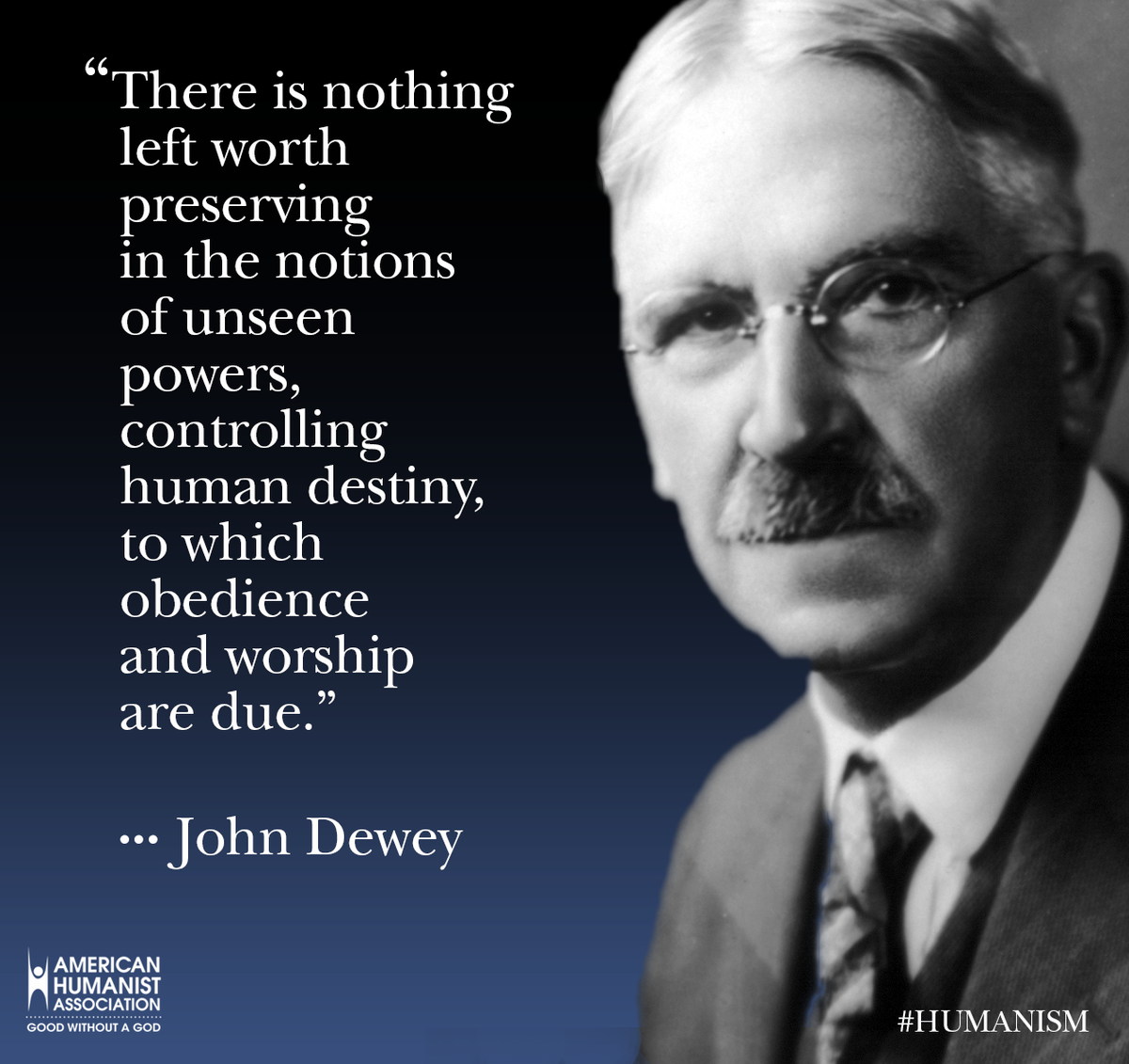Modern Man Does Not Need God
It’s true. For all outward appearances, that person who denies the existence or relevance of deity can get along in life just fine without belief in one (see Psalm 73).
But this isn’t what we affirm. The Bible does not speak in terms of need or desire, except for some Psalms. The expression of desire or want of God speaks from the heart of a man who believes and trusts in the God of the Bible (Psalm 42) and the question of belief is not present.
The Bible doesn’t speak about want, need, or desire of God because that is not the problem. The secular humanism of the 1960s made it clear that man, in his current state, does not need God. God, therefore, is dead.
Of course, their assumption was that God was a psychological and evolutionary concept that was to be outgrown, but that’s another post.
No, the Bible speaks to another condition: rebellion:
[Genesis 14:4; Exodus 23:21; Numbers 14:9; Numbers 17:10; Numbers 20:10; Numbers 20:24; Numbers 27:14; Deuteronomy 1:26; Deuteronomy 1:43; Deuteronomy 9:7; Deuteronomy 9:23; Deuteronomy 9:24; Deuteronomy 21:18; Deuteronomy 21:20; Deuteronomy 31:27; Joshua 1:18; Joshua 22:18; Joshua 22:19; Joshua 22:29; 1 Samuel 12:14; 1 Samuel 12:15; 1 Samuel 20:30; 2 Kings 1:1; 2 Kings 3:5; 2 Kings 3:7; 2 Kings 18:7; 2 Kings 18:20; 2 Kings 24:1; 2 Kings 24:20; 2 Chronicles 13:6; 2 Chronicles 36:13; Ezra 4:12; Ezra 4:15; Nehemiah 2:19; Nehemiah 6:6; Nehemiah 9:26; Job 24:13; Psalm 5:10; Psalm 66:7; Psalm 68:6; Psalm 68:18; Psalm 78:8; Psalm 78:17; Psalm 78:40; Psalm 78:56; Psalm 105:28; Psalm 106:7; Psalm 106:43; Psalm 107:11; Isaiah 1:2; Isaiah 1:5; Isaiah 1:20; Isaiah 1:23; Isaiah 1:28; Isaiah 30:9; Isaiah 36:5; Isaiah 48:8; Isaiah 50:5; Isaiah 63:10; Isaiah 65:2; Isaiah 66:24; Jeremiah 3:13; Jeremiah 4:17; Jeremiah 5:23; Jeremiah 6:28; Jeremiah 52:3; Lamentations 1:18; Lamentations 1:20; Lamentations 3:42; Ezekiel 2:3; Ezekiel 2:5; Ezekiel 2:6; Ezekiel 2:7; Ezekiel 2:8; Ezekiel 3:9; Ezekiel 3:26; Ezekiel 3:27; Ezekiel 5:6; Ezekiel 12:2; Ezekiel 12:3; Ezekiel 12:9; Ezekiel 12:25; Ezekiel 17:12; Ezekiel 17:15; Ezekiel 20:8; Ezekiel 20:13; Ezekiel 20:21; Ezekiel 20:38; Ezekiel 24:3; Ezekiel 44:6; Daniel 9:5; Daniel 9:9; Hosea 7:13; Hosea 7:14; Hosea 8:1; Hosea 9:15; Hosea 13:16; Zephaniah 3:1; Zephaniah 3:11; Mark 15:7; Hebrews 3:16]
This is a very surface survey, but it raises the question as to how we speak to others about the Gospel. Maybe we’re asking the wrong questions and making the wrong offer. “You need Jesus in your life,” can ring hollow to a person who is emotionally happy, physically well and economically doing well.
It is true that all people everywhere need a saviour, and that saviour is Jesus. But the Bible also tells us that we are in rebellion to the God we know:
Romans 1:18–25 (ESV)
18 For the wrath of God is revealed from heaven against all ungodliness and unrighteousness of men, who by their unrighteousness suppress the truth. 19 For what can be known about God is plain to them, because God has shown it to them. 20 For his invisible attributes, namely, his eternal power and divine nature, have been clearly perceived, ever since the creation of the world, in the things that have been made. So they are without excuse. 21 For although they knew God, they did not honor him as God or give thanks to him, but they became futile in their thinking, and their foolish hearts were darkened. 22 Claiming to be wise, they became fools, 23 and exchanged the glory of the immortal God for images resembling mortal man and birds and animals and creeping things.
24 Therefore God gave them up in the lusts of their hearts to impurity, to the dishonouring of their bodies among themselves, 25 because they exchanged the truth about God for a lie and worshiped and served the creature rather than the Creator, who is blessed forever! Amen.
The only solution to this cognitive disconnect between the felt needs of people today and their real needs, and their real peril, is a holy church (Ephesians 1:4; Ephesians 5:27; 1 Peter 1:15-16).
What Christians must do is to stop trying to fulfill needs that are not needs and to continue to holiness. Isn’t an emphasis on holiness a path to irrelevance? Not for those who have an appointment (Acts 13:48). But offering a solution to what is not even perceived to be a problem will not bring salvation; obedience to the call of holiness will. The church must seek to be relevant only to her Lord.

